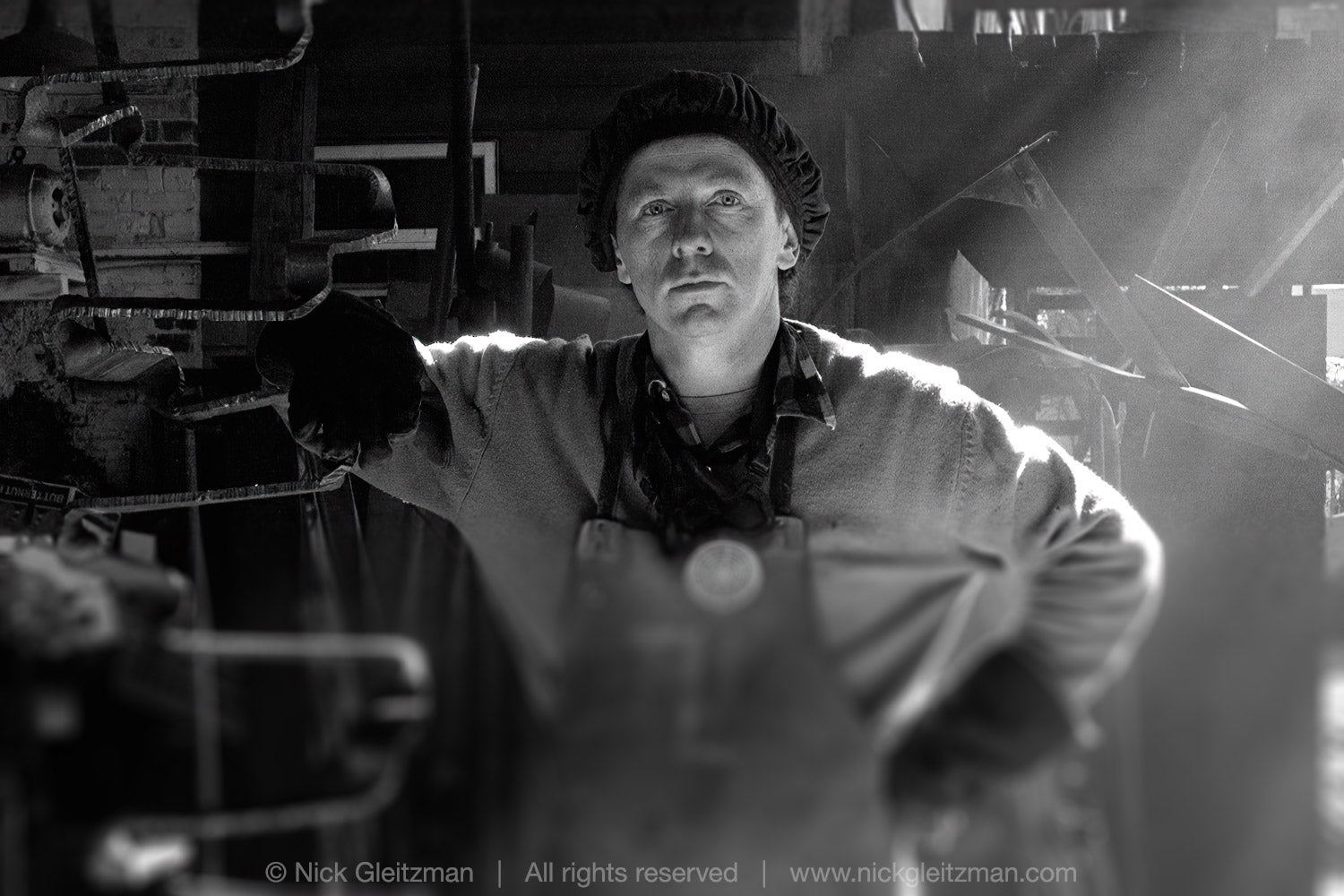Ignorance is not a tragedy, merely an opportunity. But to know and to refuse to know what you know, that is foolishness.
~ Orson Scott Card, Shadow Puppets
In the global context, Hong Kong has done an incredible job of keeping the COVID-19 pandemic under control. In a city of almost 7.5 million people, since the first recorded cases in late January there have been a total of 1,108 cases, with just four deaths. Well over half of all cases have been imported as HK residents return from overseas. Local infection rates have been remarkably low; we never really even had a curve that had to be flattened.
This was largely due to early action to establish social distancing (schools were closed immediately, businesses and government offices were limited or closed not long after), but also because the Hong Kong people, having lived through SARS in the early 2000s and H1N1 in 2009-10, adopted the wearing of face masks willingly, and straight away. Their use is deeply inculcated here. It's socially expected that you wear a mask if you are sick, to prevent infection of others in crowded public places and on public transport.
Unfortunately, though, it seems that HKers are not quite so good at disposing of them properly. Littering, just dropping used items on the ground – cigarette packets and butts, food wrappers, plastic bags, straws and bottles, and now face masks – is widespread. It's considered acceptable, I guess, because there’s a huge army of minimum-wage manual labour street sweepers to clean up. But I still live with the evidence of the disturbing amounts of garbage washed down stormwater drains into Victoria Harbour after heavy rainstorms or typhoons and deposited on our local beaches by wind and ocean currents.
I was prompted to write this post by the number of discarded masks I see every day on local streets. I photographed those you see above in the space of twenty minutes, walking from my home to the shopping plaza. My friend Gary Stokes, photographer and ocean conservationist, has been reporting increasing numbers of discarded face masks and latex gloves in the water and on the beaches of uninhabited islands in waters around Hong Kong since February.
And it's not just Hong Kong, of course. Coastlines around the world are being affected. The Guardian reports, for instance, that in the Mediterranean, divers from the French non-profit Opération Mer Propre are finding increasing amounts of masks, gloves, and hand sanitiser bottles on the sea bed off the Côte d’Azur. It also reports that French authorities have ordered two billion – 2,000,000,000 – disposable masks from China. That's for one country, with a population of 67 million. Globally? Do the maths.
Single use surgical masks often contain polypropylene. While polypropylene decomposes in landfills relatively quickly, in the marine environment this can take up to 450 years. Compared to the sheer volume of plastic already in the environment, this new addition is just a drop in the ocean (er – sorry). The Ocean Conservancy reports that 8 million tonnes of discarded plastic ends up in the ocean every year. That's a full-sized garbage truck full of plastic, every minute, 24/7/365. And that joins the 150 million tons that’s already out there.
The Great Pacific Garbage Patch, actually two distinct collections of debris bounded by the massive North Pacific Subtropical Gyre, is about 1.6 million sqare kilometers in size. If it was a country, it would be the 19th largest on the planet.
Photographers have always tried to find a way to visually depict issues of concern. The dozen masks I photographed don’t even come remotely close to starting to convey the sheer scale of the problem of plastic pollution. Artist Chris Jordan has used a combination of photography and digital technology to produce a remarkable – and very sobering – series of large composite images illustrating the excesses of consumption, and the resulting pollution, since 2003. Two of his series, Running The Numbers II and Midway, were responsible for opening my eyes to just how massive, and how serious, this issue is.
Throughout the world, the COVID-19 pandemic has been the major social concern for six months now. As reported cases approach 8 million worldwide, with 432,200 deaths recorded, it’s without doubt a tragedy of global proportions. I’m confident, as everyone hopes, that a vaccine will be developed that will bring this virus under control in the foreseeable future. But in dealing with it, we’re adding to the plastic epidemic whose effects will be felt for centuries. If the marine ecosystem collapses – and it could – the resulting food shortages will create a problem for humanity that will be orders of magnitude worse. The only vaccine against that is awareness, and the development of social consciousness.
So if you're responsible enough to wear a mask every day, at least please don't drop it on the street. You may be helping to fix one problem, but you're being part of a much, much bigger one.
Also in 1,000 Words


Nothing Is Real 2


Nothing Is Real







